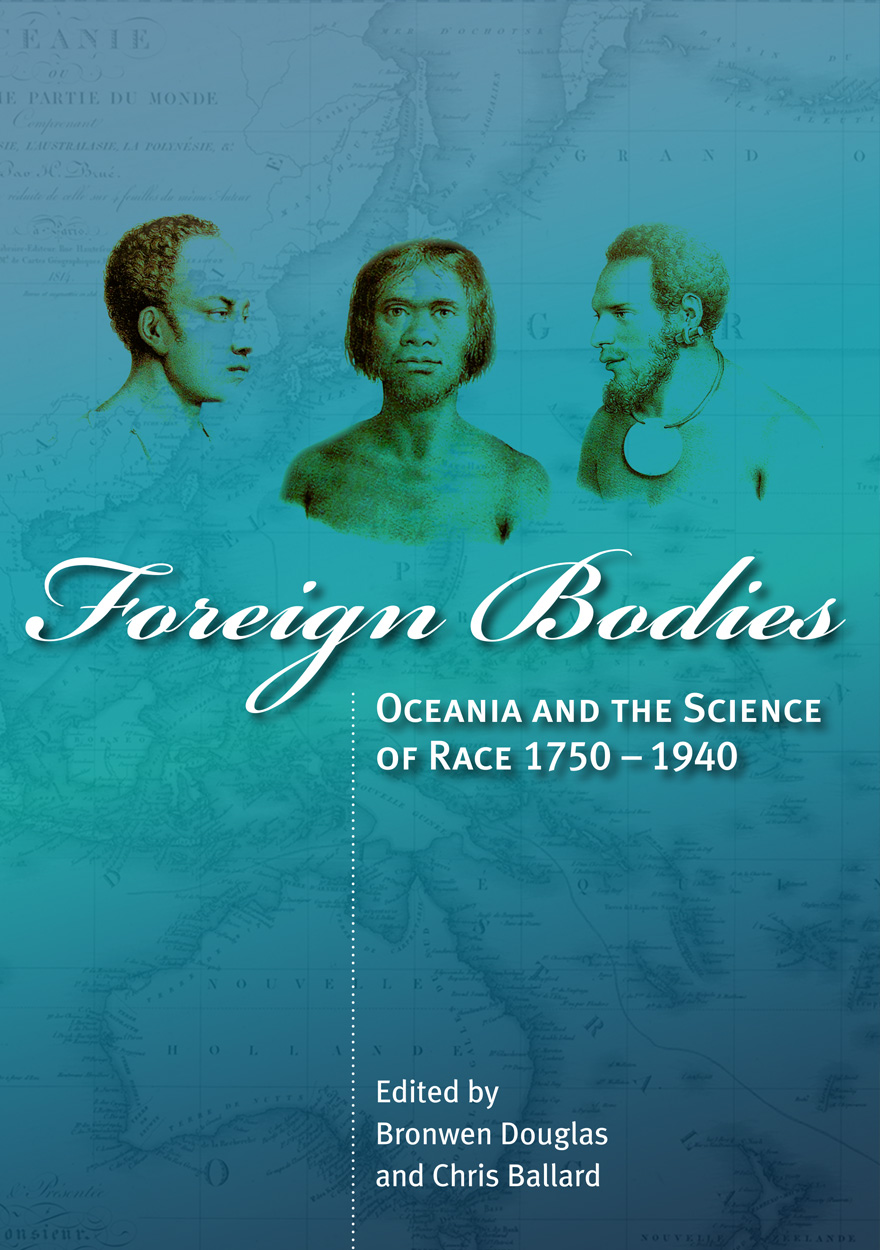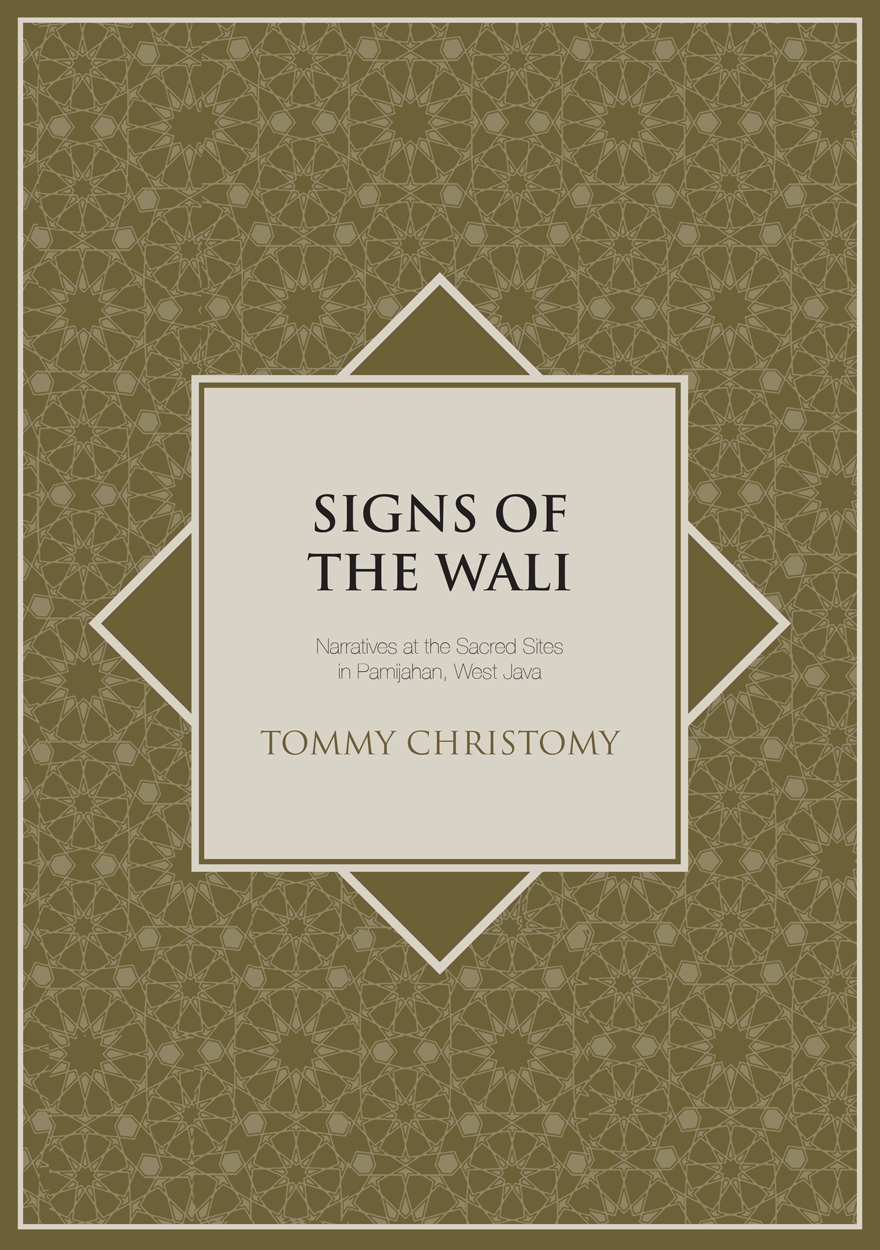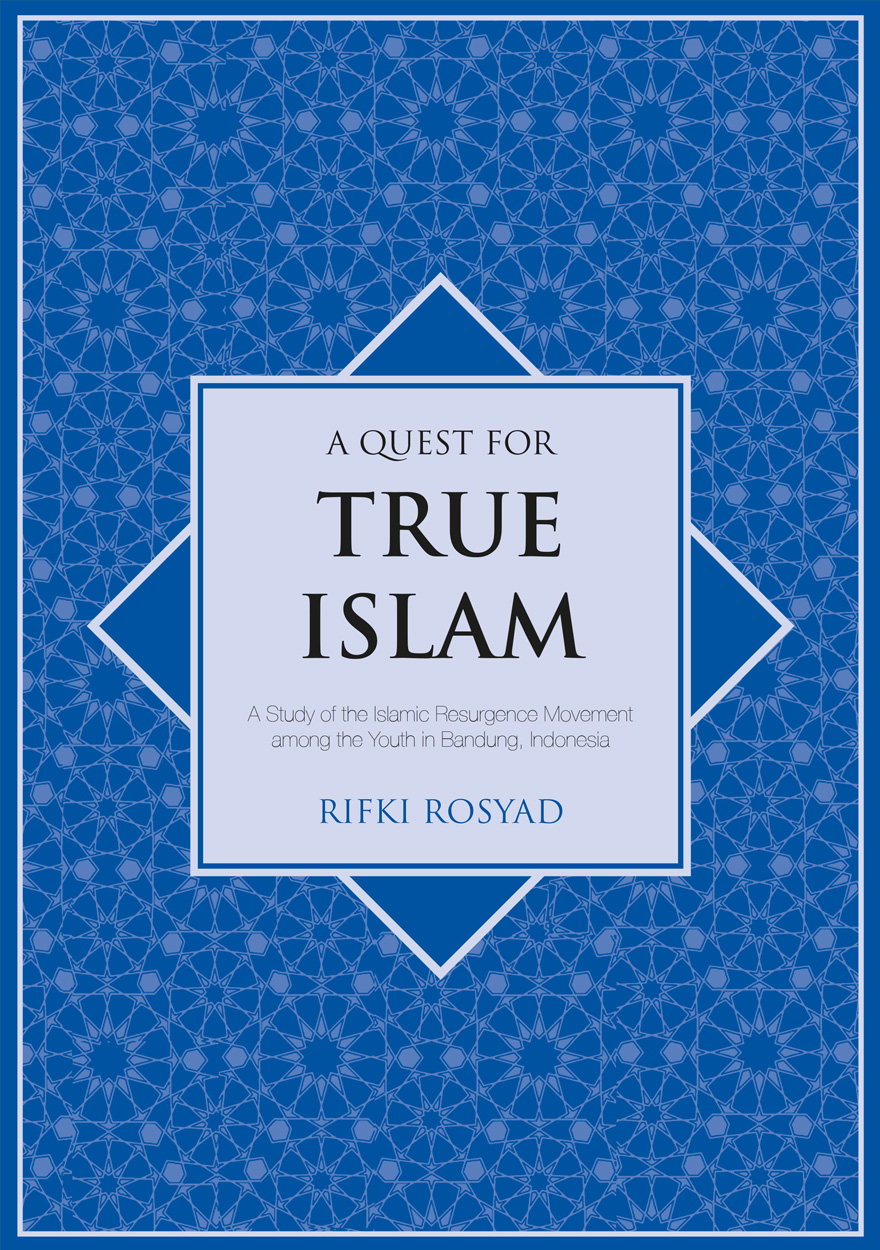Search titles
Displaying results 51 to 60 of 61.

Islamising Indonesia »
The Rise of Jemaah Tarbiyah and the Prosperous Justice Party (PKS)
Authored by: Yon Machmudi
Publication date: November 2008
The Prosperous Justice Party (PKS) is the most interesting phenomenon in contemporary Indonesian politics. Not only is it growing rapidly in membership and electoral support, it is also bringing a new and markedly different approach to Islamic politics, one which has no precedent in Indonesian history.
Understanding PKS and analysing its political behaviour presents challenges to scholars and observers. This is partly due to the fact that the party represents a new trend within Indonesian Islam which has few parallels with preceding movements.
Yon Machmudi has rendered us a valuable service. In this book, he provides a thoughtful and authoritative context for viewing PKS. He critiques the existing categorisations for Indonesian Islam and points to their inadequacy when describing the PKS and the campus-based Tarbiyah movement from which it sprang. He reworks the santri typology, dividing it into convergent, radical and global substreams. This offers new possibilities for explaining the PKS phenomenon and assists in differentiating between various types of Islamic revivalism in contemporary Indonesia. It also allows a more understanding of the accommodatory stance which PKS has towards the state and other political forces.
Yon’s text provides a good overview of the development of PKS from its Tarbiyah movement origins to its impressive success at the 2004 general elections. It considers the party’s attitude towards the issues of sharia implementation and community welfare and closes by examining the future challenges facing PKS.
It is a well written and authoritative account from a scholar who has done wideranging research on the party.

Remaining Karen »
A Study of Cultural Reproduction and the Maintenance of Identity
Authored by: Ananda Rajah
Publication date: November 2008
This publication of Remaining Karen is intended as a tribute to Ananda Rajah and his consummate skills as an ethnographer. It is also a tribute to his long-term engagement in the study of the Karen. Remaining Karen was Ananda Rajah’s first focused study of the Sgaw Karen of Palokhi in northern Thailand, which he submitted in 1986 for this PhD in the Department of Anthropology in the Research School of Pacific and Asian Studies at The Australian National University. It is a work of superlative ethnography set in an historical and regional context and as such retains its value to the present.

Foreign Bodies »
Oceania and the Science of Race 1750–1940
Edited by: Bronwen Douglas, Chris Ballard
Publication date: October 2008
From the 18th century, Oceania became the principal laboratory of raciology for scholars, voyagers, and colonisers alike. By juxtaposing encounters and theory, this magisterial book explores the semantics of human difference in all its emotional, intellectual, religious, and practical dimensions. The argument developed is subtle, engrossing, and gives the paradigm of ‘race’ its full use value. Foreign Bodies is a model of analysis and erudition from which historians of science and everyone interested in intercultural relations will greatly profit.
— Claude Blanckaert, CNRS (Centre Alexandre Koyré), Paris, and Honorary President, French Society for the History of the Science of Man

Calvin for the Third Millennium »
Authored by: Hans Mol
Publication date: September 2008
This work is a series of sermons produced by Emeritus Professor Hans Mol, and based on Biblical texts, the Commentaries of John Calvin on these texts, and on Calvin’s Institutes of the Christian Religion. Mol is Australia’s pre-eminent scholar in the sociology of religion, particularly in Australia. His 1971 volume, Religion in Australia, was the first attempt at statistical analysis of religion in Australia, which was also internationally significant. Parallel to Mol’s interest in the sociology of religion has been his interest in Calvin. Indeed the theological basis of his life has been as a Calvinist. Here in this volume he brings both of these interests together. His sermons, preached over the years in Canberra, seek to apply the teachings of Calvin to a world-view in which the scientific study of religion, and indeed the wider study of sociology, are of central significance. In these sermons, he succeeds considerably in this.
The volume is a substantial contribution to scholarship, in that the combination of these two factors has only rarely been attempted. Thus, the volume has originality and will have enduring value. It is especially appropriate that it should be published at this time, in preparation for the 500th Anniversary of Calvin’s birth (1509–2009).

The Workshop for Morality »
The Islamic Creativity of Pesantren Daarut Tauhid in Bandung, Java
Authored by: Dindin Solahudin
Publication date: August 2008
This volume is a remarkable study of a most unusual pesantren. Officially known as Pesantren Daarut Tauhid, this pesantren was located in Bandung and flourished at the beginning of a period of Islamic resurgence in Indonesia. More commonly referred to as the Bengkel Akhlaq, this ‘Workshop for Morality’ exerted a special appeal to groups of young urban Muslims, particularly students. Its founder was H. K. Abdullah Gymnastiar, popularly known as Aa Gym, who later went on to become one of Indonesia’s most important Muslim preachers and television celebrities.
The Workshop for Morality is a superb work of both historical and ethnographic relevance that reflects the capacity of its author, Dindin Solahudin, to capture a critical moment in the development of Islam in contemporary Indonesian society.

Signs of the Wali »
Narratives at the Sacred Sites in Pamijahan, West Java
Authored by: Tommy Christomy
Publication date: April 2008
In Signs of the Wali, Dr Tommy Christomy focuses on the one of the early founders of Islam on Java, Shakyh Abdul Muhyi, whose burial site at Pamijahan in Tasikmalaya is a place of contemporary ziarah. This study initially conceived of as a philological exploration of historical manuscripts has been transformed into a study of ‘living manuscripts’ – the contemporary narratives of the custodians at Pamijahan.
As elsewhere in the Islamic world, tarekat and ziarah intersect in popular practice at Pamijahan. Dr Christomy explores this intersecting world, explaining the steps of his own research investigations that enfold as a journey of discovery as he proceeds. This investigation involves the search for traces of Tarekat Shattiriyyah in Pamijahan, given the pervasive presence of Tarekat Qadirriyah-Nashabandiyyah throughout Tasikmalaya. That Tarekat Shattiriyyah survives to this day is itself evidence of the tenacity that its historical roots have established in a particular place.

Struggling for the Umma »
Changing Leadership Roles of Kiai in Jombang, East Java
Authored by: Endang Turmudi
Publication date: October 2007
This thesis focuses on the relationship of Indonesian kiai (‘ulama: religious leaders) in Jombang to their wider social and political situation. It argues that the charismatic authority exerted through the leadership of the kiai in Java has limitations in terms of its legitimacy. At the very least it has boundaries that determine areas or circumstances for its legitimate expression. It also argues that the kiai’s influence in politics is not as strong as in other domains. Despite being a charismatic figure, only a minority of followers feel compelled to follow the kiai’s political example. Differences between the kiai and his followers in relation to political behaviour are common, especially after the transformation of the Islamic political party. Nevertheless, the role of the kiai in general remains important in the eyes of Muslim society.

A Quest for True Islam »
A Study of the Islamic Resurgence Movement among the Youth in Bandung, Indonesia
Authored by: Rifki Rosyad
Publication date: July 2007
This study presents the contemporary Islamic resurgence movement among young people in Bandung Indonesia, focusing on its emergence, development and routinisation. It traces various factors and conditions that contributed to the emergence of the movement. It also tries to explain how and why young people (students in particular) turn to Islam, and how the movement is organised and developed among students. Finally, it examines internal changes among various Islamic groups as responses to social, political and cultural changes.

Reformist Muslims in a Yogyakarta Village »
The Islamic Transformation of Contemporary Socio-Religious Life
Authored by: Hyung-Jun Kim
Publication date: March 2007
This study examines the religious life of reformist Muslims in a Yogyakarta village. The foci of this discussion are on Muslim villagers’ construction, with the help of the reformist paradigm, of the image of the ‘good Muslim’ and ‘Muslim-ness’, on their efforts to incorporate an (reformist) Islamic framework to question taken-for-granted practices and ideas, on the position of traditional practices and ideas and their relation to reformist Islam, and on the interplay of villagers who show a strong commitment to reformist Islam with those who do not. Another topic investigated in this study is the interactions between Muslim and Christian villagers and the impacts of Christian presence on the process by which Muslims define themselves, their neighbours, their religion and their religious community.

The Islamic Traditions of Cirebon »
Ibadat and Adat Among Javanese Muslims
Authored by: A.G. Muhaimin
Publication date: November 2006
This work deals with the socio-religious traditions of the Javanese Muslims living in Cirebon, a region on the north coast in the eastern part of West Java. It examines a wide range of popular traditional religious beliefs and practices. The diverse manifestations of these traditions are considered in an analysis of the belief system, mythology, cosmology and ritual practices in Cirebon. In addition, particular attention is directed to the formal and informal institutionalised transmission of all these traditions.



